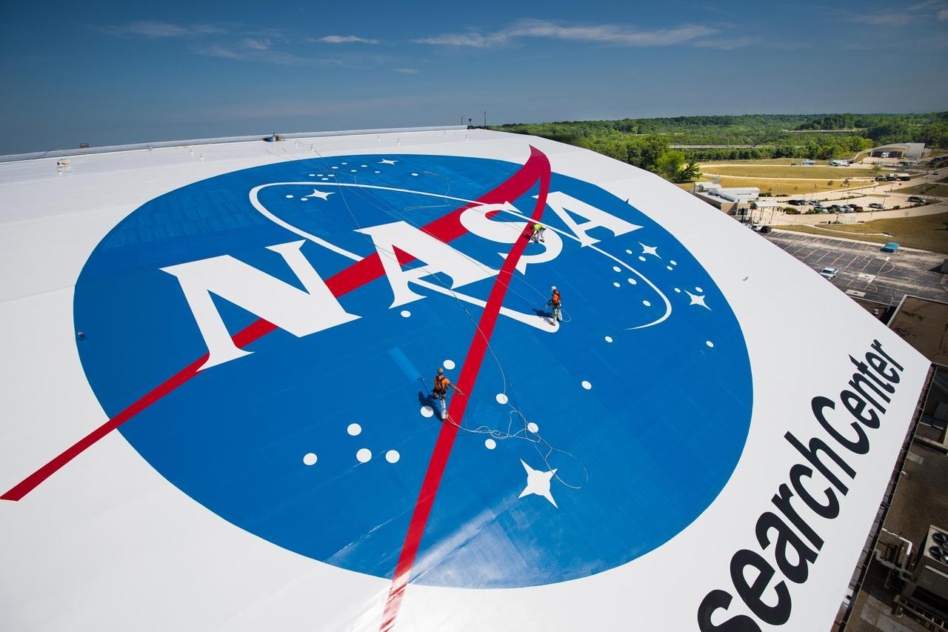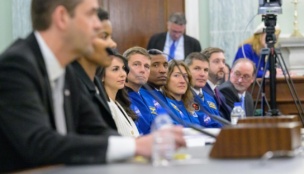NASA generated almost $76B for the economy in fiscal 2023—generating an outsized impact with its .5% of the federal budget, according to a report released Thursday by the space agency.
The report makes a strong argument for the organization’s impact on all 50 states, the private sector, and even international allies. In FY 2023, NASA supported ~304,803 jobs and led to more than $9.5B in federal, state, and local tax revenues—including $2.9B in tax revenue from the Moon to Mars program alone.
The underdogs: It’s no surprise that states that host R&D centers, spaceports, and commercial space hubs saw the most benefit. California is the nation’s leader in economic output and employment— generating over $18.59B as well as 66K+ jobs. Texas and Florida followed, generating economic outputs of $9.86B and $8.3B, respectively.
However, other states are also seeing a big impact:
- Alabama generated over $5M in economic impact with NASA’s Moon to Mars campaign.
- Maryland and Virginia also saw significant economic benefits from NASA’s Climate Change Research and Technology efforts.
To the United States and Beyond: NASA has a whopping 2,628 active partnerships with domestic and international agencies—more than 700 of which are new in fiscal 2023. The agency also works with 587 non-federal partners in the US.
Everyday life: NASA’s report argued that technology developed for space impacts the daily lives of people on Earth in a number of ways.
“Spinoff technologies have found novel and beneficial applications across a wide array of sectors including healthcare, transportation, public safety, energy, and industrial production,” the report claimed.
“The agency’s technology transfer initiatives transition NASA innovations into private hands, where real impacts are made. And NASA’s STEM engagements encourage research and the study of science, technology, engineering, and math at all ages,” Janet Petro, the director of Kennedy Space Center, said in a statement.
Correction: A previous version of this article misstated the economic output of California, Texas, and Florida.




